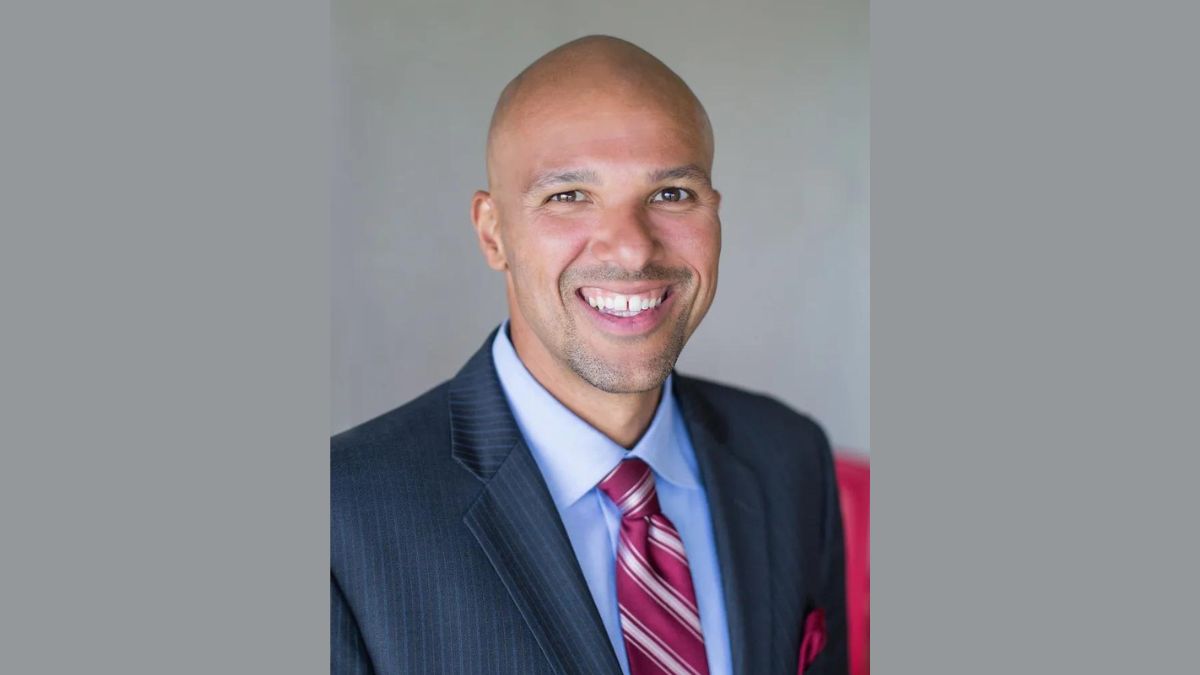By Nate Johnson
The rate of homeownership in the Black community hovers around 45%, a stark contrast to nearly 75% for White households. There are lawsuits, including a current federal case, that could make this gulf even greater. Strong, dynamic local real estate marketplaces are a cornerstone of community development and economic growth. Local broker marketplaces – in which real estate agents share all listings openly and transparently with all other agents – help foster healthy competition.
Meanwhile, compensation rules that allow a home buyer’s real estate agent to be paid out of the proceeds from the home sale – instead of out of the buyer’s pocket upfront – help expand access to homeownership and increase the pool of buyers for sellers’ homes.
However, the pending lawsuits could upend these vital local marketplaces. The suits seek to require buyers to pay for the services of their real estate agent directly, rather than having the buyer’s agent fee paid by the seller’s agent at the time of closing. If successful, such a verdict would significantly increase the transaction costs of buying a home – with major repercussions for local economies.
When the commission is shared between the seller’s broker and the broker who brings the home buyer, it gives first-time and low-and middle-income buyers a better shot at affording a home. If buyers had to pay the agent themselves, it would make it harder for many, especially first-time, minority and low/middle-income buyers, to afford a home because they would need more money upfront for the down payment, closing costs and agent fees.
Why it matters
Today, at a time when current high mortgage rates and increasing home prices are keeping aspiring homebuyers on the sidelines, additional out-of-pocket fees would only push homeownership further out of reach for many. If our commission model were to significantly change and buyers were forced to begin paying their agent out-of-pocket, it would create an additional barrier to homeownership for Black, first-time homebuyers who may already struggle to afford a down payment, ultimately worsening the racial homeownership gap across America.
Legal implications and the impact on Black, first-time homebuyers
Black first-time homebuyers have a 50% chance of being a first-time, first-generation homebuyers. This means that they may not have family and friends to rely on for homeownership advice. These buyers critically need a real estate agent to help them navigate the homebuying process since their parents may not be able to offer financial assistance or guidance. Unfortunately, if the lawsuits are successful for the plaintiffs, Black homebuyers will be the people who are most vulnerable to not having representation throughout the homebuying process.
Requiring buyers to pay their agent out-of-pocket would require an estimated $6,765 in additional assets to purchase a $250,000 home. The burden of this commission payment in addition to a down payment will only push homeownership further out of reach for income-restrained buyers and discourage them from seeking professional representation due to the added cost of working with a real estate agent.
At the crux of the lawsuit, plaintiffs argue that because listed-for-sale homes are publicly available online, buyers don’t need a real estate agent, which is a shortsighted opinion. Anyone who has purchased a home for the first time knows it often isn’t a straightforward undertaking – things don’t always appear as they seem – and the process can be overwhelming without support.
There is a lot more that goes into purchasing a home than finding a property you like, and it is one of the most significant – if not the greatest – financial decisions of one’s lifetime. That is why it’s crucial to have professional representation.
History shows that consumers who do not have professional representation always suffer the most. Looking back at the 2008 recession, people of color were disproportionately affected, in part due to lenders who offered predatory loans. Predatory lenders specifically targeted these communities because they were more likely to not have professional representation.
Many people received predatory loan products that they did not need, which ultimately led to more foreclosures and a decline in homeownership. If history were to repeat itself and more people choose to forgo professional representation due to commission fees, we could be looking at a similar outcome in the future.
Worst Case Scenario
So, what’s the worst that could happen? Well, a lot. If the trial verdict results in homebuyers having to pay commissions out-of-pocket, it would significantly increase the transaction costs of buying a home – with major repercussions for local economies:
- Income-restrained buyers will be more likely to forgo professional representation when making the biggest financial decision of their lives, setting them up for failure.
- The rate of homeownership in the Black community will remain stagnant or even worse, it will decline.
- Significantly increasing the up-front transaction costs of buying a home would deter some potential buyers and slow the pace of home sales, at a time when higher interest rates have already chilled the market.
- Fewer home sales, which would hurt demand for local businesses adjacent to home buying: appraisers, lenders, home inspectors, contractors and service providers, home improvement stores, and others.
The magnitude of this trial and the devastating impact it could have on aspiring homebuyers cannot be understated. If the plaintiffs were to win, the greater economy would be largely impacted and further divide the racial wealth gap in America.
NAR data shows that significantly fewer low-income households and households of color own their home and are able to build wealth compared to other income and racial/ethnic groups. There should be no reason why we adopt compensation rules that would further exacerbate this issue.
